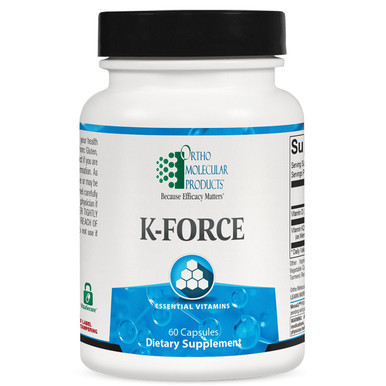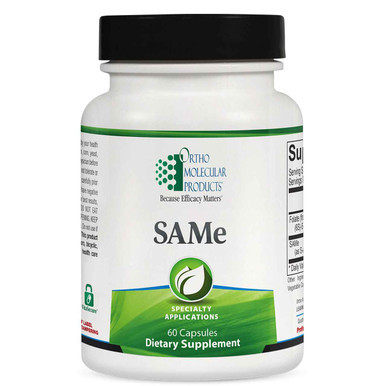K Force Ortho Molecular – Advanced Bone & Heart Support with D3 and K2
K Force Ortho Molecular is a clinically formulated supplement combining high-potency Vitamin D3 and K2 to support calcium metabolism, strong bones, arterial elasticity, and immune resilience. Designed for optimal bioavailability, this K Force supplement promotes the proper distribution of calcium in the body—helping it reach the bones while protecting the heart and arteries.
This advanced formula highlights the benefits of Vitamin K2 and D, supporting overall vitality, especially for those prioritizing bone, cardiovascular, and immune health.
K Force Ortho Molecular Benefits
- Supports healthy calcium balance and bone density
- Promotes cardiovascular health and arterial flexibility
- Enhances immune system function
- Minimizes calcification in soft tissues and arteries
- Delivers bioavailable D3 and MenaQ7®PRO K2 for superior absorption
How K Force Ortho Molecular Works
K Force supplement features:
- Vitamin D3 (5,000 IU) – Enhances calcium absorption from the digestive tract and boosts immune function.
- Vitamin K2 (180 mcg, MenaQ7®PRO) – Guides calcium to the bones and helps prevent arterial stiffness by reducing calcium buildup in vessels.
These synergistic nutrients work together to support optimal calcium metabolism. Ortho Molecular Products uses high-purity ingredients, ensuring a safe formula with minimal side effects and no gluten, soy, yeast, or artificial additives.
K Force Ortho Molecular Is Formulated For
K Force Ortho Molecular is ideal for individuals who want:
- Stronger bones, joints, and connective tissue
- Improved heart and circulatory health
- Support for skin elasticity and immune resilience
- A safe, effective way to manage calcium intake and distribution
Supplements support your health but do not replace a balanced diet. Always check with your healthcare practitioner if you have doubts about a new supplement. Or, you may book a FREE product consultation at Holistic Health Partners. You may want to look at our other Bone Support products.
Other Ingredients: Natural Vegetable Capsules, Microcrystalline Cellulose, Magnesium Stearate, Silicon Dioxide, Stearic Acid, and Turmeric Root Extract.
Does Not Contain: Gluten, yeast, soy, artificial colors, or flavors.
MenaQ7®PRO is a registered trademark of NattoPharma, Norway.
Caution: Do not consume this product if you are pregnant or nursing. Vitamin K may interact with blood-thinning medications. Consult your physician before use.
These statements have not been evaluated by the FDA. This product is not intended to diagnose, treat, cure, or prevent any disease.







